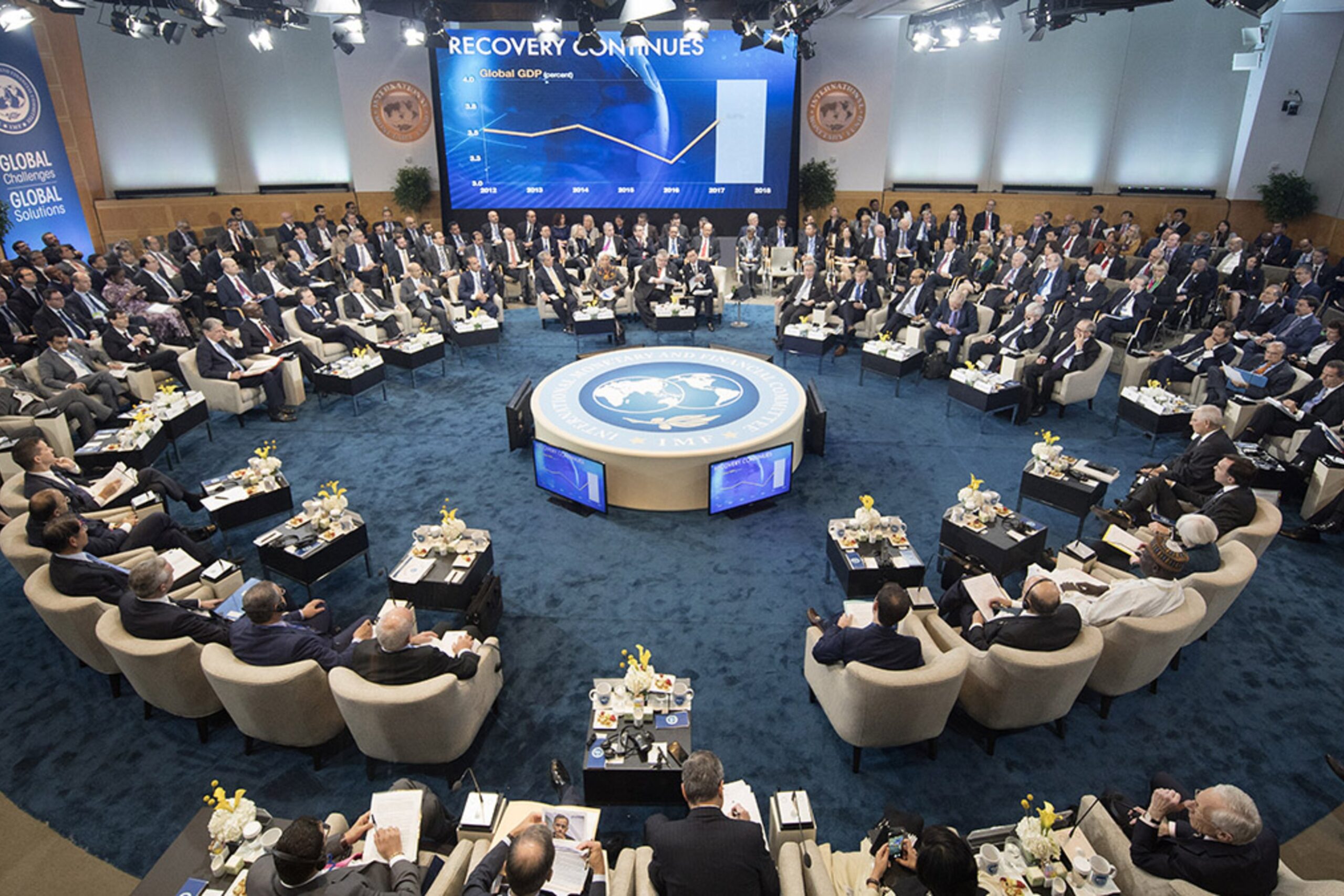Zimbabwe enters new space era
President Mnangagwa yesterday launched the Zimbabwe Science Park and commissioned the building housing the Zimbabwe National Geospatial and Space Agency (ZNGSA), a game-changing facility that will enable the country to effectively manage its natural resources, predict natural hazards and also mitigate the effects of climate change.
This follows the launch of the ZNGSA in 2018 by President Mnangagwa as part of the country’s tireless move to leapfrog its development and catch up with other nations as Zimbabwe inches closer towards realising Vision 2030 to become an upper middle-class economy.
Housed at the University of Zimbabwe, and manned by the country’s young scientists, who are benefiting from innovation hubs that were also introduced by President Mnangagwa as part of Education 5.0, a concept which places higher institutions of learning as champions of modernisation and industrialisation, the ZNGSA will be deployed for earth observation satellites, global navigation satellite systems, unmanned aerial vehicles, geospatial and space technologies for better farming, mineral exploration, wildlife conservation, infrastructure management, and disease surveillance.
“In the context of fast-changing national and global realities, the acceleration of science, technology, and innovation remains necessary for promoting sustainable development, building modernised economic systems, and promoting transformations across all sectors.
“In addition, science, technology, and innovation are important catalysts to realise a high quality of life for our people.
“As such the setting up of the Zimbabwe National Geospatial and Space Agency Building and Science Park are important building blocks for addressing these realities and achieving the outcomes set out in the National Development Strategy 1 and ultimately Vision 2030,” the President said.
The NDS1 places innovation, science and technology as the drivers of the country’s industrialisation and modernisation.
“Through projects such as these, Zimbabwe is closing the technology gap, in line with the objectives to develop sustainable solutions to pressing development challenges.
“Furthermore, our country is on course to grow all sectors in sync with the dictates of a competitive global marketplace.
“The Zimbabwe Science Park being opened today is undoubtedly a critical first step for developing national capabilities towards further technological developments.
“The Science Park is a purpose-built cluster of office space, which provides laboratories, workrooms, and meeting areas designed to support research and development in science, information technology, artificial intelligence, machine learning, the internet of things, biotechnology, virtual reality, and robotics, among other fields.
“It will also offer facilities that foster innovation, in line with Education 5.0 and the development and commercialisation of technology,” he said.
The President challenged technopreneurs, those in the private sector, high tech companies, indigenous start-ups, academia and Government institutions to utilise the Zimbabwe Science Park for knowledge sharing, collaboration, innovation and growth.
“On its part, my administration will continue providing an adaptive science and technology innovation environment that supports the development and use of new technologies.
“These technologies help improve connectivity in rural areas, as well as other forms of communication-related to radio and television signal broadcasting, data collection, mobile banking systems and transport infrastructure.
“I am pleased to highlight that to date, Zimbabwe has developed an ambitious space programme blueprint to enable full utilisation of space technology and innovation to enhance economic growth.
“I commend the Zimbabwe National Geospatial and Space Agency engineers and scientists forsetting up the Ground Control Station in Mazowe.
“Congratulations and well done for this first national space project which lays the foundation for space and scientific programmes in the country. This is indeed a major step in enhancing the deployment of earth observation technologies in supporting the National Development Strategy,” the President said.
Zimbabwe’s first satellite, which is called ZimSat is being assembled by the country’s engineers and projections are that flight readiness and review will be done later this year with the launch expected to take place in Japan in February next year.
“My Government will continue to avail the necessary resources to the Zimbabwe Geospatial and Space Agency. This must see growth of entrepreneurship and business in the field of information communication technology, virtual reality, artificial intelligence and biotechnology, among others.”-herald.cl.zw









